Yamaha PSR-730 Handleiding
Bekijk gratis de handleiding van Yamaha PSR-730 (178 pagina’s), behorend tot de categorie Keyboard. Deze gids werd als nuttig beoordeeld door 247 mensen en kreeg gemiddeld 4.7 sterren uit 124 reviews. Heb je een vraag over Yamaha PSR-730 of wil je andere gebruikers van dit product iets vragen? Stel een vraag
Product specificaties
| Merk: | Yamaha |
| Categorie: | Keyboard |
| Model: | PSR-730 |
Master volume , waarschijnlijk is de potmeter defect valt dat te repareren, wat zou dat gaan kosten? en wie kan dat repareren, woon in lochem, liefst in de buurt. en waar kun je de juiste potmeter kopen, ik hoor graag van jullie, henk
Henk Stokkink - 5 Juli 2023Volumeregeling is defect potmeter wat zijn de kosten voor een reparatie, of kan men dat zelf??
Henk Stokkink - 31 Januari 2023Heb je hulp nodig?
Als je hulp nodig hebt met Yamaha PSR-730 stel dan hieronder een vraag en andere gebruikers zullen je antwoorden
Handleiding Keyboard Yamaha

2 December 2024

2 December 2024

14 November 2024

11 Juni 2024

11 Juni 2024

11 Juni 2024

11 Juni 2024

11 Juni 2024

11 Juni 2024

6 Maart 2024
Handleiding Keyboard
- Behringer
- DNA
- Hanwha
- Viper
- Rapoo
- The Box
- Targus
- 4ms
- Rii
- Panasonic
- Stagg
- KeySonic
- Trust
- Keychron
- Contour Design
Nieuwste handleidingen voor Keyboard
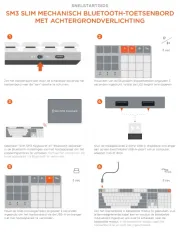
29 Juli 2025
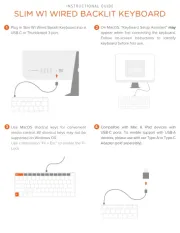
29 Juli 2025
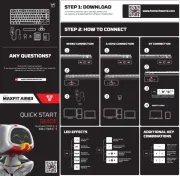
29 Juli 2025

28 Juli 2025

28 Juli 2025
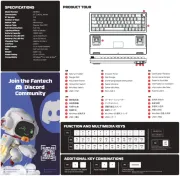
28 Juli 2025
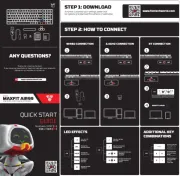
28 Juli 2025

21 Juli 2025
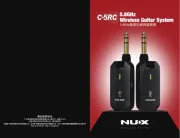
18 Juli 2025
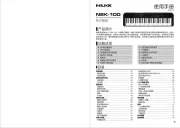
17 Juli 2025